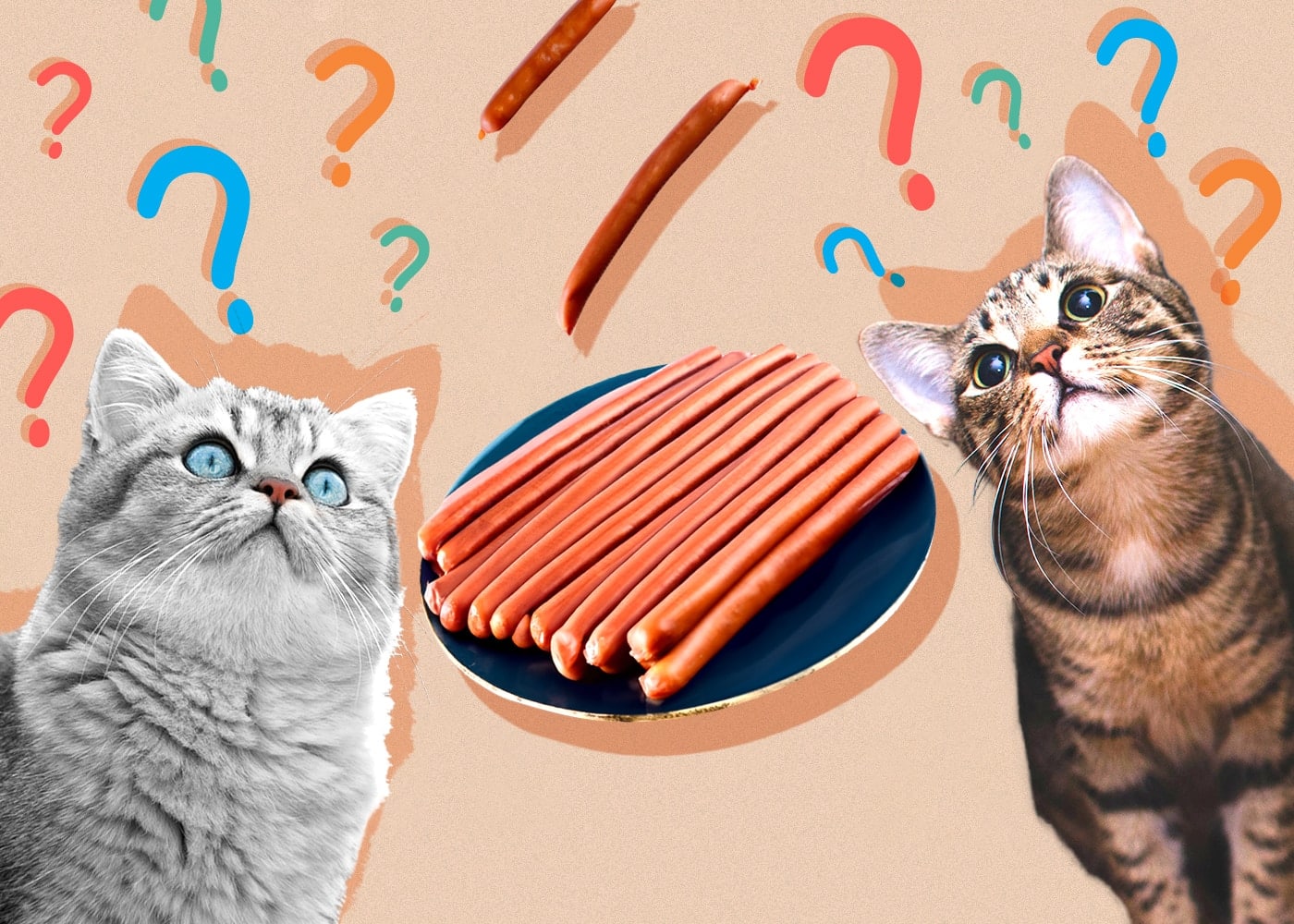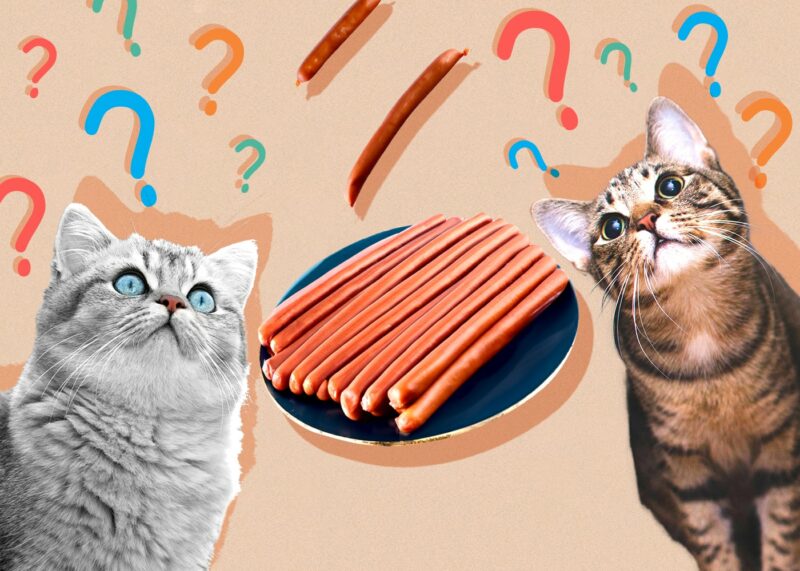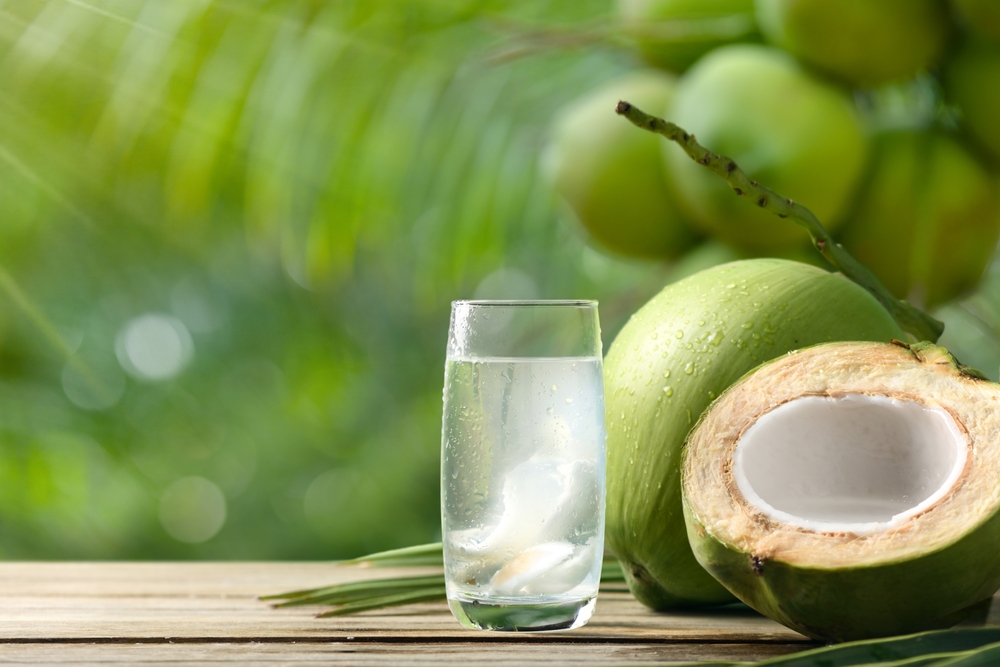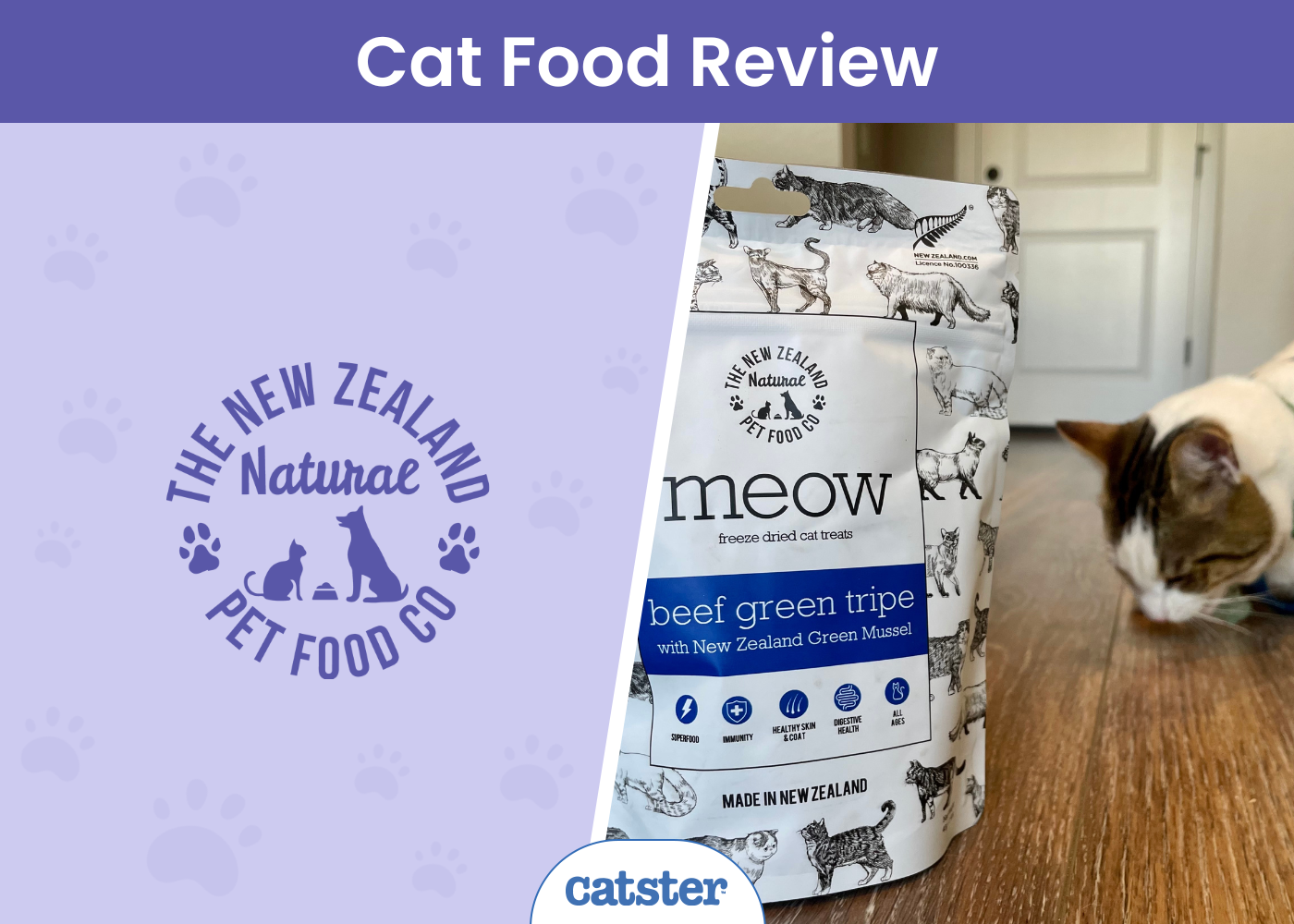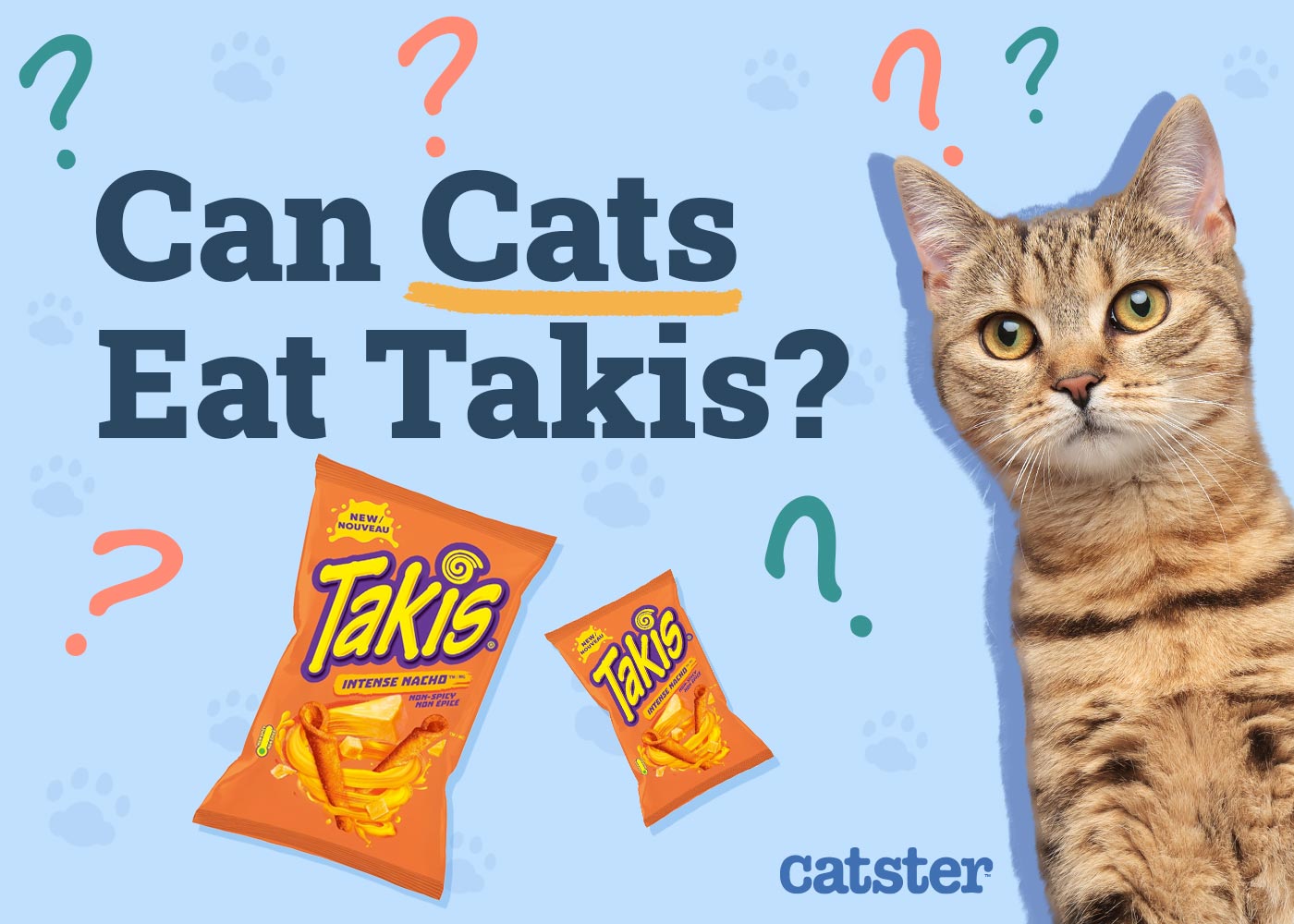There’s no question that cats love meat. These obligate carnivores have a way of suddenly appearing next to you whenever the slightest aroma of chicken, turkey, beef, or salmon lifts into the air! Cats are natural predators and will try just about anything to get their teeth into your home-cooked dinner.
Unfortunately, cats are sometimes attracted by the wrong types of foods—ones that smell like meat but are high in fat and preservatives and lack the nutritional value that your cat needs. Vienna sausages are examples of this type of processed meat. If your cat has run off with a few chunks of sausage, you don’t need to worry, though. The only time that you should be concerned is if it happens frequently or in large amounts. Too much Vienna sausage will cause discomfort in your cat, so they are much better off with other meat alternatives.
In this article, we discuss what Vienna sausages are made of and what makes them so unhealthy, what to do if your cat eats one, what nutritional value they have, and what your cat should be eating instead.
What Makes Up a Vienna Sausage?
Vienna sausages differ in ingredients, size, taste, preparation, and packaging throughout the world, but they all typically contain a number of different ingredients. The meat ingredients are usually cut-offs of pork, beef, or chicken, which are ground into a paste and stuffed into an edible thin casting. For flavor, salt, paprika, coriander, garlic powder, onion powder, nutmeg, and pepper might be added to the paste.
Cooked meats are ideal options for treating cats because they are natural predators that would hunt birds, fish, and other wildlife to eat in the wild. However, processed meat, along with all the salt, spices, additives, and preservatives that make up Vienna sausages, is not designed for your cat’s body, and they’ll struggle to digest it. Furthermore, garlic and onion powder are toxic to cats.
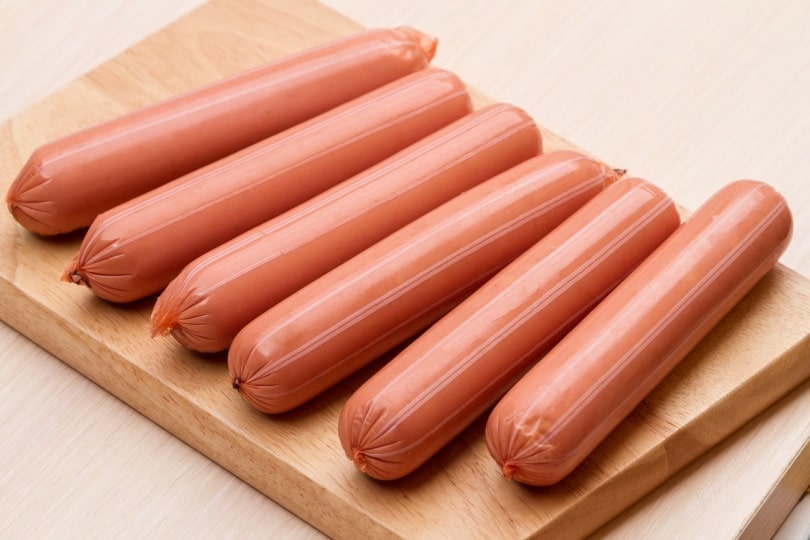
Can Vienna Sausages Have Negative Effects on My Cat?
If your cat has had a small bite of a Vienna sausage today or in the past, they should be okay. What is dangerous is if they consume the food often or as a regular part of their diet. Several ingredients in Vienna sausages can have harmful effects on your cat. Both garlic and onion powder are common ingredients and can pose a life-threatening risk when high amounts are eaten. There is no established amount of garlic that is safe for cats, so it is recommended to avoid it altogether.
Sodium is necessary for a cat’s diet, but Vienna sausages contain a high level of salt that is excessive for cats. They also contain high amounts of fat, which can cause your cat to suffer from diarrhea, stomach discomfort, vomiting, and loss of appetite.
Not only can Vienna sausages leave your cat in discomfort, but their high-calorie content will also cause unhealthy weight gain if given to your cat frequently. Obese cats are at a high risk of developing diabetes, urinary problems, liver disease, and skin and respiratory issues. The average cat has a lifespan of between 10 and 15 years, but being overweight and obese can result in a shorter lifespan.
Are There Any Benefits?
Vienna sausages offer no real benefits to cats. There are many better product options and meats available that have more nutritional value without the list of negatives associated with them. We highly recommend choosing unprocessed meats and fish over Vienna sausages as treats.
Vienna sausages do contain protein, which is necessary for a cat’s diet. Protein helps your cat’s body develop well and provides them with good, strong muscles and the energy that they need to survive, play, hunt, explore, and stay active and healthy. However, other unprocessed and plain meats are much safer and healthier options for your cat.
What Foods Can My Cat Eat?
Vienna sausages aren’t healthy for cats, so you may be wondering which foods in your pantry are better options to share with your kitty. The good news is that there are plenty, but remember that a cat’s snack should only take up 10% of their calorie intake for the day.
Meat and Fish
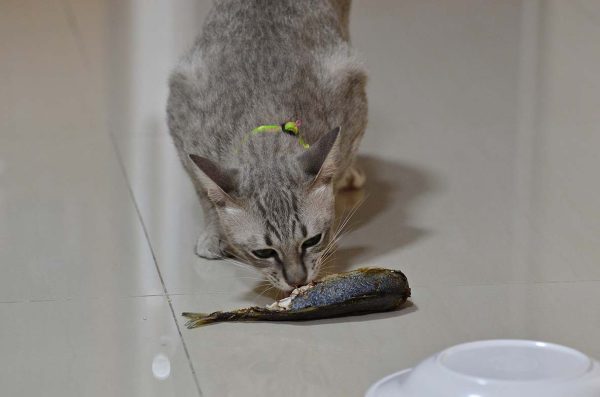
As we’ve already discussed, cats need meat in their diets for energy, strong muscles, good vision, and a healthy heart. You can offer pieces of cooked chicken, beef, turkey, and fish. The omega-3 fatty acids also help with maintaining good heart function, strong joints, and kidney health.
Always make sure the meat and fish that you give your cat have been properly cooked to avoid food poisoning.
Eggs
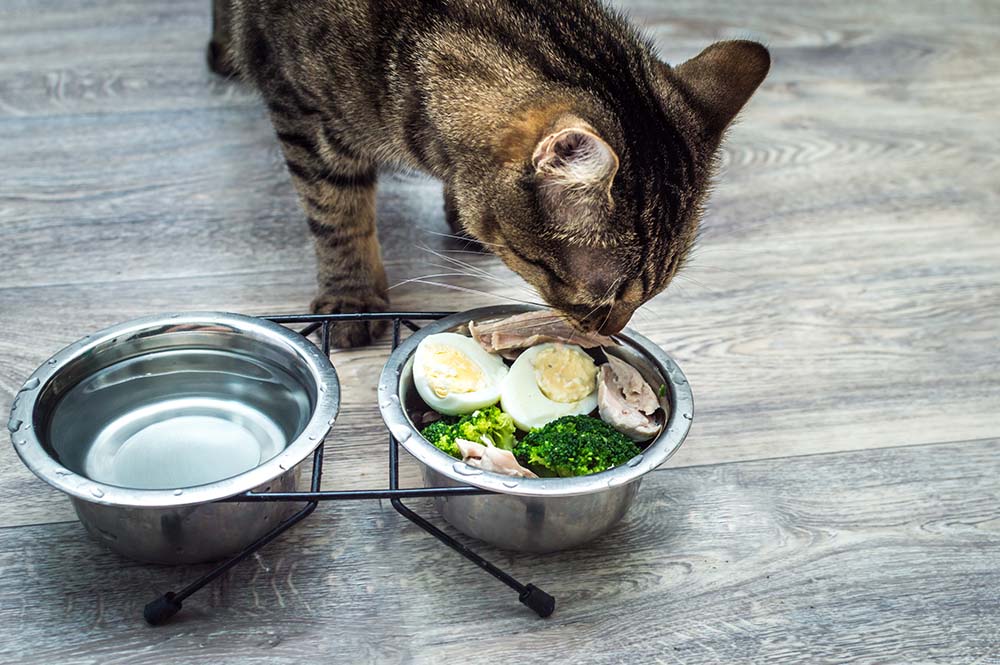
Your cat will not only enjoy eggs, but they’ll also benefit from them as they contain protein and essential amino acids. Although they can be eaten raw, we suggest giving them to your cat cooked to lower the risk of Salmonella.
Foods to Avoid Giving Your Cat
If your cat shows interest in a certain food, it doesn’t mean it’s safe for them to eat. There are several foods around your house that may look innocent but will have negative results on your cat’s health.
- Chocolate contains theobromine and caffeine, which are toxic to cats.
- Raisins can cause acute renal failure in dogs, and this has also been documented in cats, though less often.
- Macadamia nuts are toxic to dogs and are not recommended in cats at all.
- Bread dough can cause fatal alcohol poisoning due to the fermentation process of yeast in the stomach.
- Alcohol can cause ethanol poisoning in cats with just a small amount.
If you’re eating, cooking with, or drinking any of these dangerous foods, don’t leave them open and unsupervised. Try to store them in a safe place that your cat can’t access.
Conclusion
Although one may think that cats could benefit from the protein found in Vienna sausages, they won’t benefit from much else, and the seasonings that these contain are toxic to your cat. If they eat the sausages frequently, they can get garlic or onion poisoning and suffer from digestive upset from the high levels of other seasonings and fat that Vienna sausages contain.
Instead, treat your cat with beneficial foods like cooked unprocessed meats, fish, and eggs. Store toxic household foods away in cupboards your cat can’t get into, and never leave them out unsupervised when you’re cooking or snacking on them.
Featured Image Credit: Namphon2U-Shutterstock

